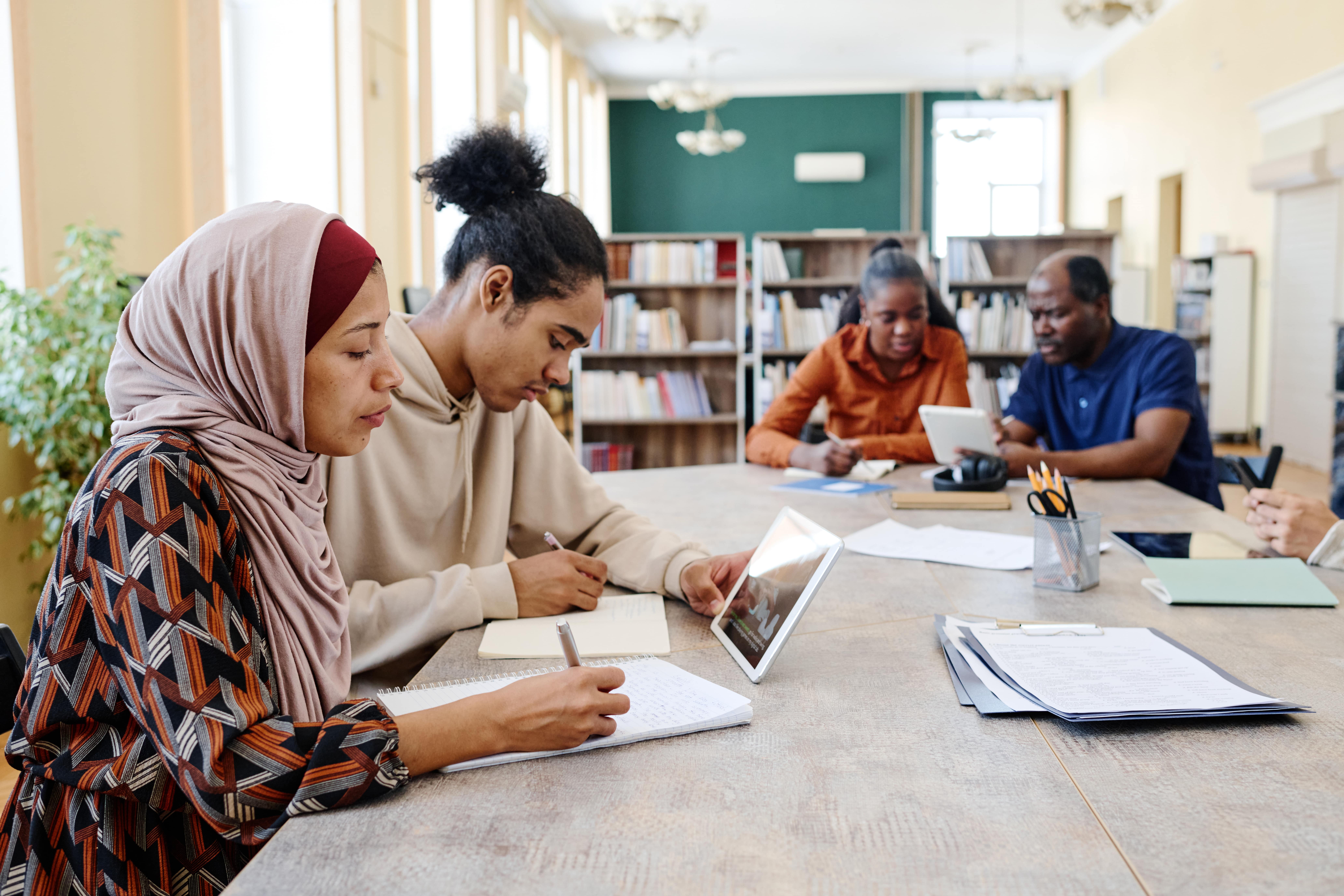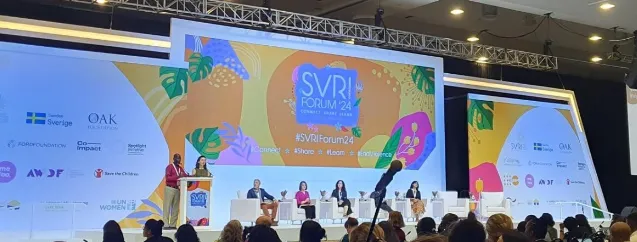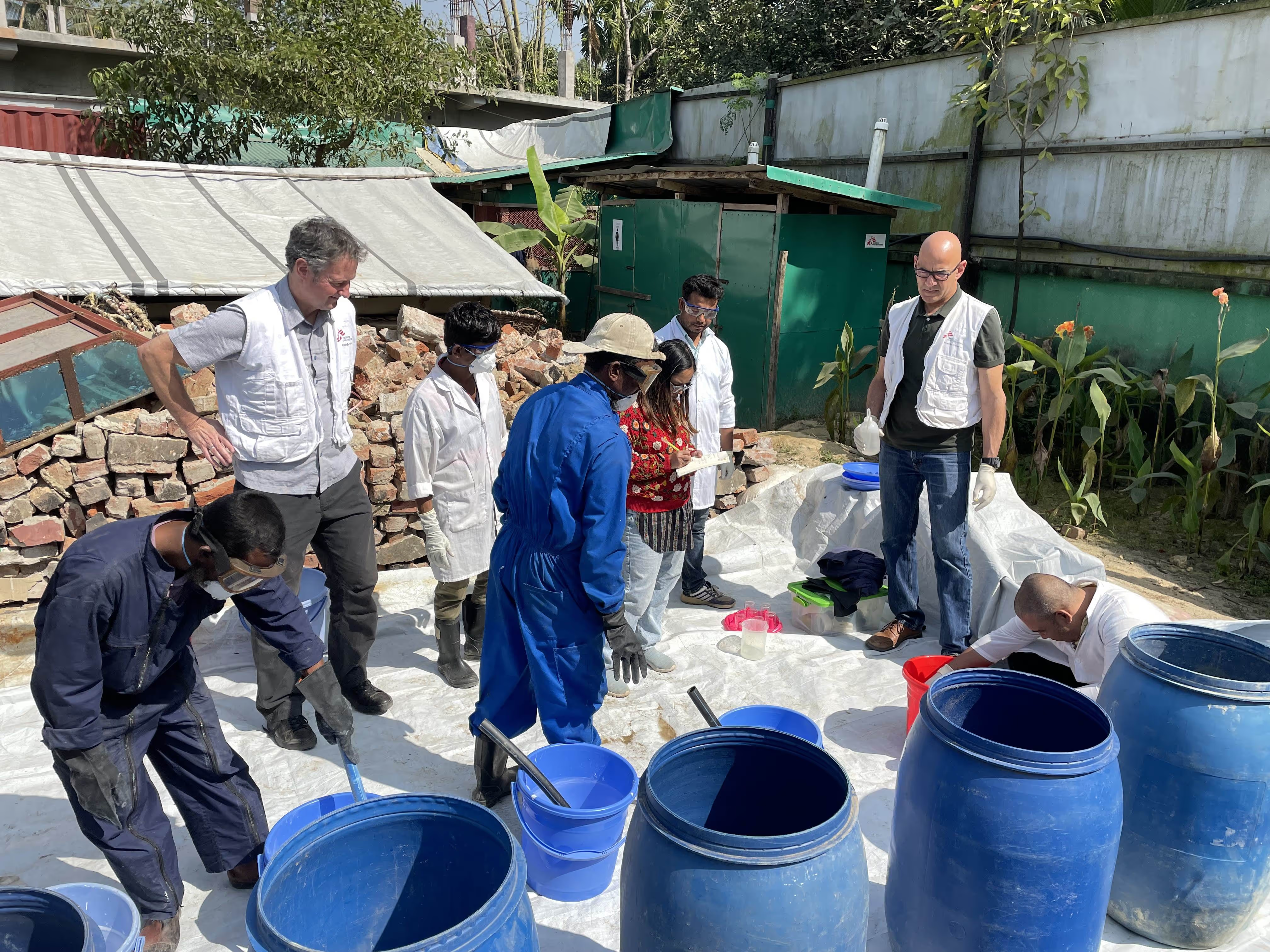People's Intelligence: Progress and Workshops

This is a long overdue post, but frankly it's because we've been busy writing the results of our first two workshops, preparing for and attending a Mobile Unconference early November around the use of mobile technology in the context of crises, and agreeing on research support for the project with the TU Delft and the Leiden University new Peace Informatics Lab. Busy times spent on necessary and substantive work ... PR had to wait!
Now is the time to reflect on both workshops we had. The first workshop took place on 9-10 October in Geneva with IOM, UNHCR and ICRC. As written in a previous post, OCHA who had initially planned on attending had to cancel their participation at the last minute because of the Ebola crisis. Our second workshop with Free Press Unlimited (FPU) which was kindly hosted by the TU Delft went on as planned on 29 October. Both workshops ran smoothly. Together with all the participants we managed to elicit a great number of features for the PI platform along the following broad categories:
- Dialogue for Data Collection
- Identify and Evaluate Sources
- Evaluate Information
- Verify Information
- Feedback to Sources
- Output for Organizations
- Sharing Data
- Privacy and Security
- Software and Design
In order to develop a first prototype that can be used by each organization, we also defined a series of user stories. For example, with the ICRC we looked at how we could use PI in support of its current family tracing efforts and manage volunteers. With the UNHCR and IOM we looked at how we could use PI to help profiling and manage camps as well as keep 3W (who does what where) information updated. With FPU, we looked how people could report a security incident.
The results have just been shared back with all the participants of the workshops we held, as well as with our partner Liberia Peacebuilding Office and Amnesty International with whom we still have to hold workshops in the future. We also shared them with OCHA and the OHCHR.
Lessons learned: We learned quite a few lessons organizing and running our first workshop in Geneva. Let me share some:
- Organization: Do not just send a reminder a few days prior to the workshop, but also demand that participants reconfirm their attendance. Also make sure you have the telephone numbers of all the participants. We were a little at loss when a number of participants did not show up, or showed up late, as all we had was their email or Skype ID to contact them.
- Location: Envisage to choose a location which is far enough from your participants offices. As we wanted to venue to be convenient for all we booked a place that was close to their offices. It turned out to be also convenient to quickly hop by over lunch. I would have done the same if the venue was close to my work place and I knew that I have a lot of work piled up. But as it turns out, lunch is also a good time to gain early feedback on the process and discuss topics that need debating at more length.
- Elicitation of features: Unstructured versus structured, be prepared for all eventualities. After introducing some basic workshop rules we started off our first day with a completely unstructured brainstorming session (or sprint for the adepts of Scrums and Agile Software Development). The rules were simple: Let your imagination soar, elicit as many features as possible, no debate and no criticism. It did bear some fruits, but it turned out to be difficult to keep all participants on topic and adhering to the brainstorming rules, in particular the "no debate" rule. So after the first pause we semi-structured the brainstorming along a series of categories of features, and when the discussion got stuck, we helped moving the elicitation process along by asking the participants a series of questions we had prepared in advance.
Stay updated
Sign up for our newsletter to receive regular updates on resources, news, and insights like this. Don’t miss out on important information that can help you stay informed and engaged.
Related articles



Explore Elrha
Learn more about our mission, the organisations we support, and the resources we provide to drive research and innovation in humanitarian response.